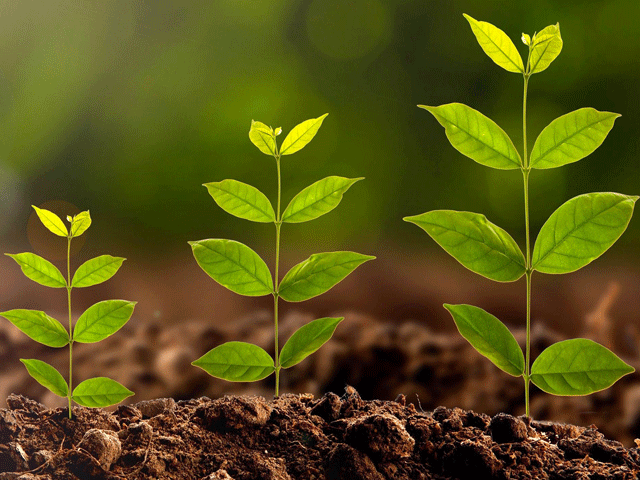Berkeley, California: Experts have improved the process of Artificial photosynthesis in plants that has been going on for billions of years, thanks to which they can now grow even at night.
The process of photosynthesis is the lifeblood of plants and trees. In sunlight, they absorb carbon dioxide, release oxygen, and in the form of starch or sugars, plants make and grow food for themselves.
The biggest benefit of this will come from growing plants in space and on other planets. Although only 3 to 6 percent of the sunlight on plants is converted into energy and food, experts have now taken the process of photosynthesis to a more complex process, with bioengineering allowing plants and trees to thrive even in complete darkness. They continue to grow by making food.
Scientists at the University of California, Riverside in the United States took acetate, a key component of vinegar, and added it to plants, replacing carbon dioxide and expanding the process of photosynthesis. It was then tested on a number of plants and nutrients such as yeast, micronutrients, green algae, peas, tobacco, rice, canola, and gram.
Thanks to acetate, all plants grew in complete darkness and some even grew better than in sunlight. For example, allergens grew four times faster and yeast began to produce 18 times faster.
According to scientists, acetate is the basic brick of plant growth. But keep in mind that there are some places on earth where the sun shines less and artificial photosynthesis can be very useful there, including areas surrounded by clouds and busy cities.
The project has also been funded by NASA, which has been dubbed the ‘Space Food Challenge’.



